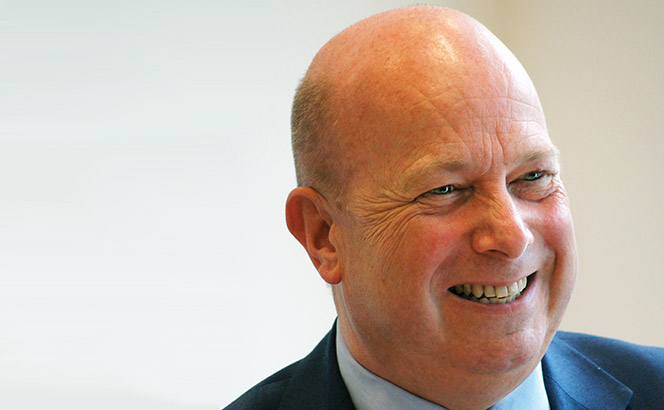
‘Break the dominance of a single metric’: CC pilots dropping billable hours from performance reviews
Clifford Chance (CC) is piloting a radical reform to the way it assesses the performance of its associates and counsel,…

Clifford Chance (CC) is piloting a radical reform to the way it assesses the performance of its associates and counsel,…
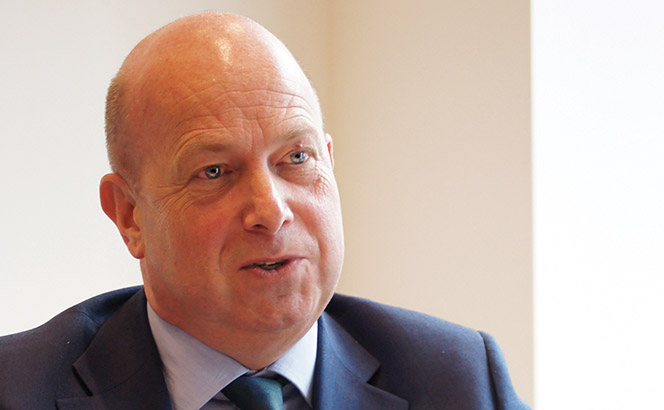
Clifford Chance has promoted 30 lawyers to partner, confirming a trend which saw Magic Circle firms increase their partner intake…

Watson Farley & Williams (WFW) is set to hire Titus Edjua, director of Clifford Chance’s (CC) Africa group, to boost its project…
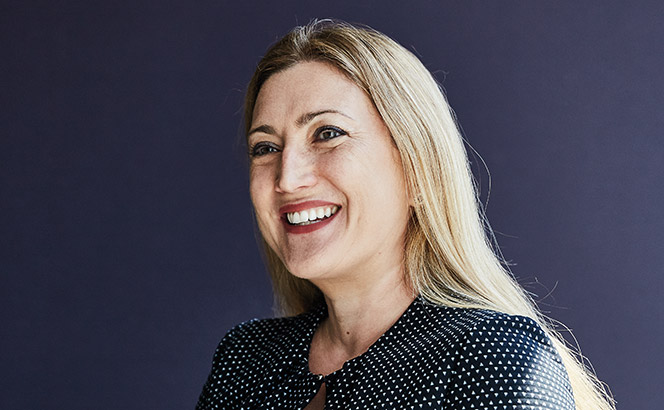
The success of Simpson Thacher & Bartlett where others have failed in luring Clifford Chance (CC)’s Amy Mahon to the…

Clifford Chance’s (CC) 13-strong executive leadership team took home £22m in the 2017/18 financial year, according to the firm’s filings…

Clifford Chance finance clients, 2017 As LB looks at the future of finance, we look at the clientele of the…
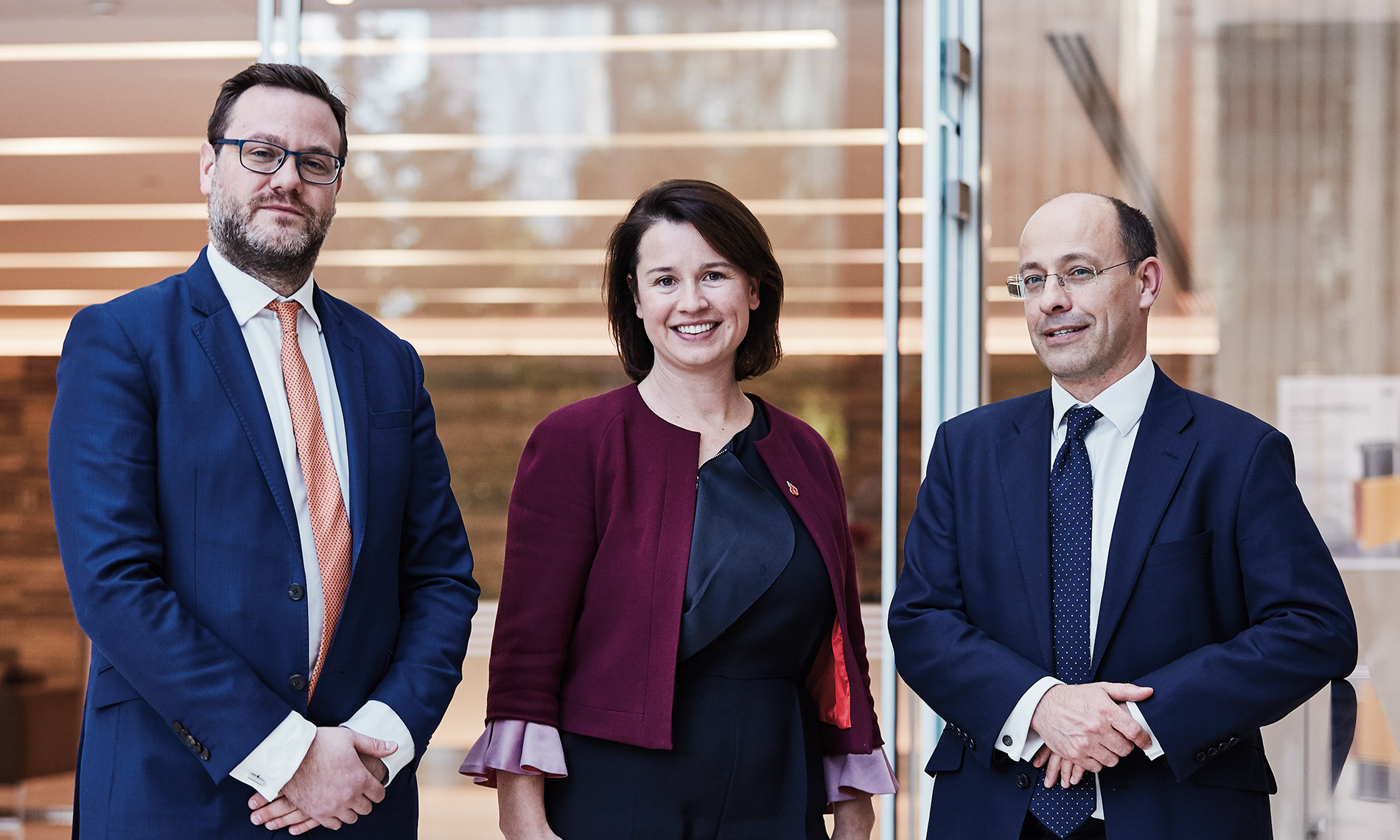
‘The truth is no-one’s got the faintest idea what finance practices will look like in the future,’ shrugs Tony Bugg,…

Clifford Chance has elected Amsterdam head Jeroen Ouwehand as its first ever senior partner based outside the City. The news comes…
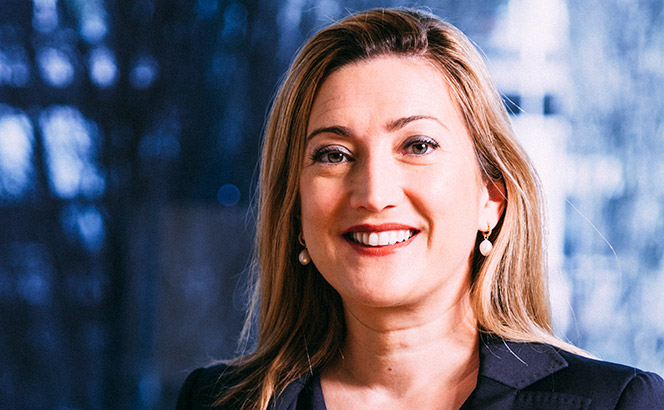
In a significant blow to Clifford Chance’s M&A practice, Simpson Thacher & Bartlett has enticed private equity star Amy Mahon to…

The likelihood of Clifford Chance’s (CC) next senior partner being based outside London has surged after the first round of…

ITV has appointed easyJet group general counsel (GC) Kyla Mullins as its new head of legal, filling a role vacated…

Leadership at Clifford Chance (CC) has over the last 20 years swung wildly between prestige and poisoned chalice but the…

It has been a busy few weeks for Linklaters’ transactional team as the firm scooped spots on two multibillion pound…

City heavyweights Allen & Overy (A&O), Clifford Chance (CC) and Eversheds Sutherland have landed key roles on Legal & General’s £4.4bn…

The only firm among London’s big four to have retained its position in the Legal Business 100 table, Clifford Chance…

Slaughter and May has landed key roles on the high-profile collapse of payday lender Wonga and Coca-Cola’s £3.9bn acquisition of national…

Away from the headline laterals last week, Jones Day was the only firm to make moves in London after securing…

Latham & Watkins has secured the services of two of the highest profile names in the City’s infrastructure private equity space…
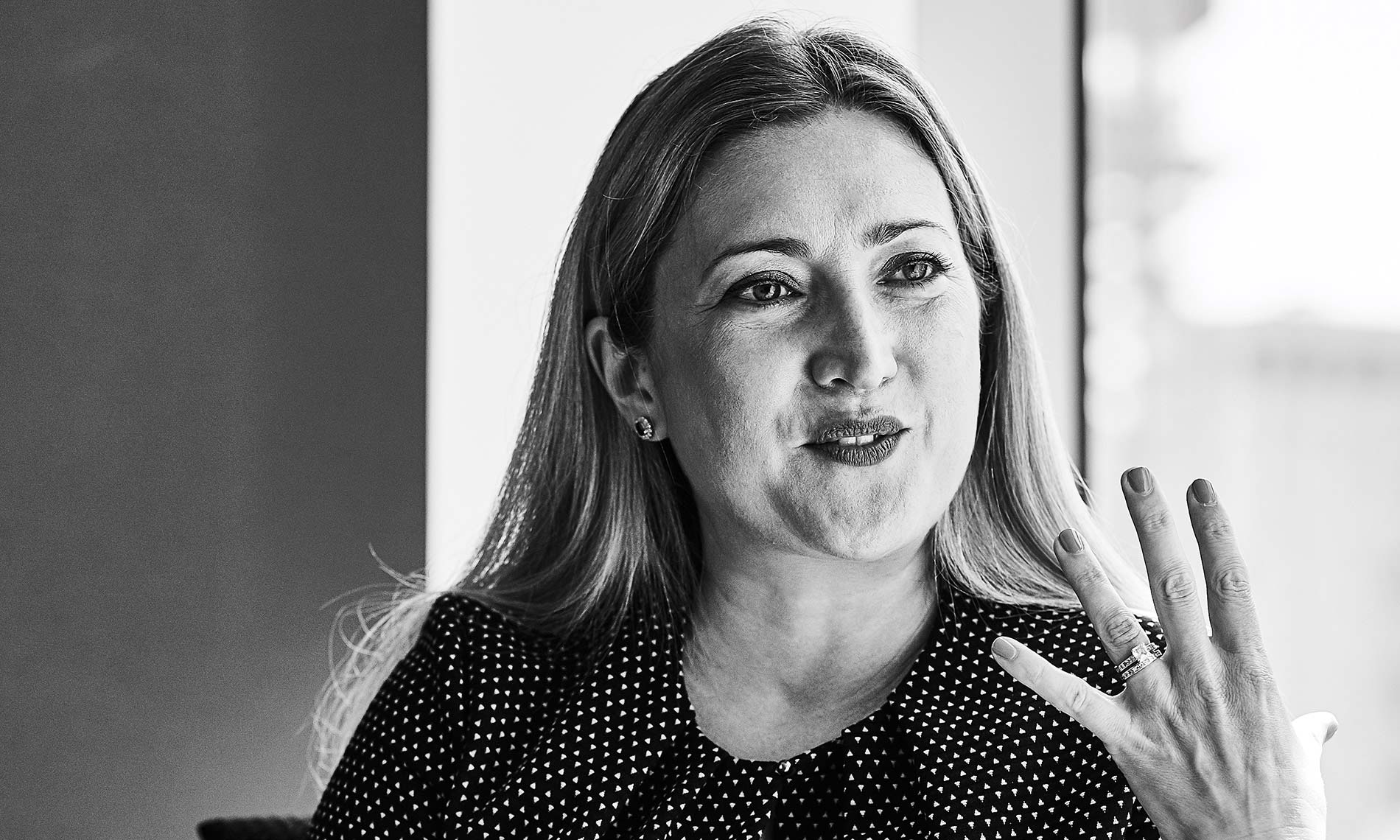
My dad is a Marxist. Imagine how he felt when I became a City solicitor and married a banker. He…

After last year’s double-digit revenue growth for three of the big four Magic Circle firms, 2017/18 financials for the same…